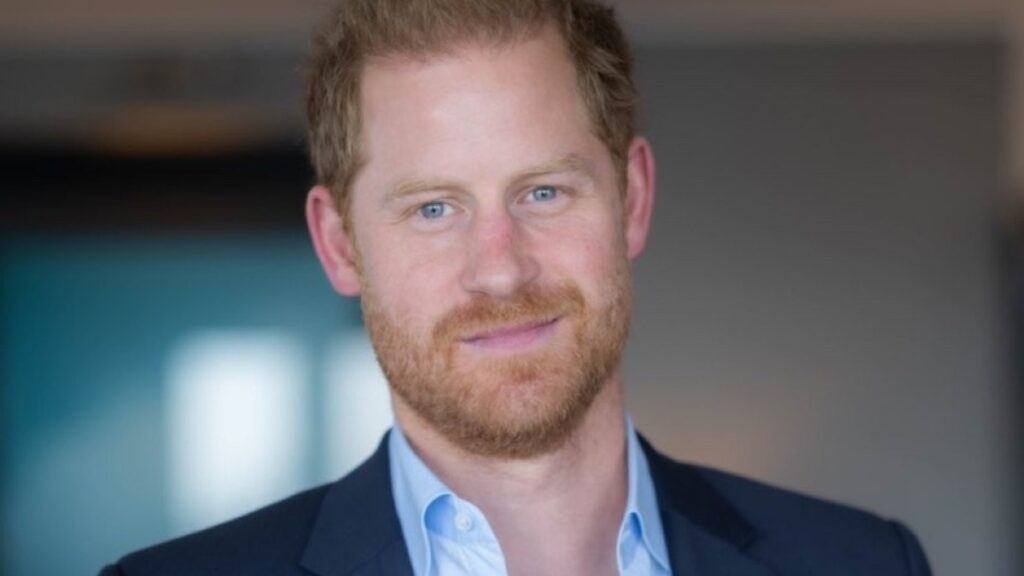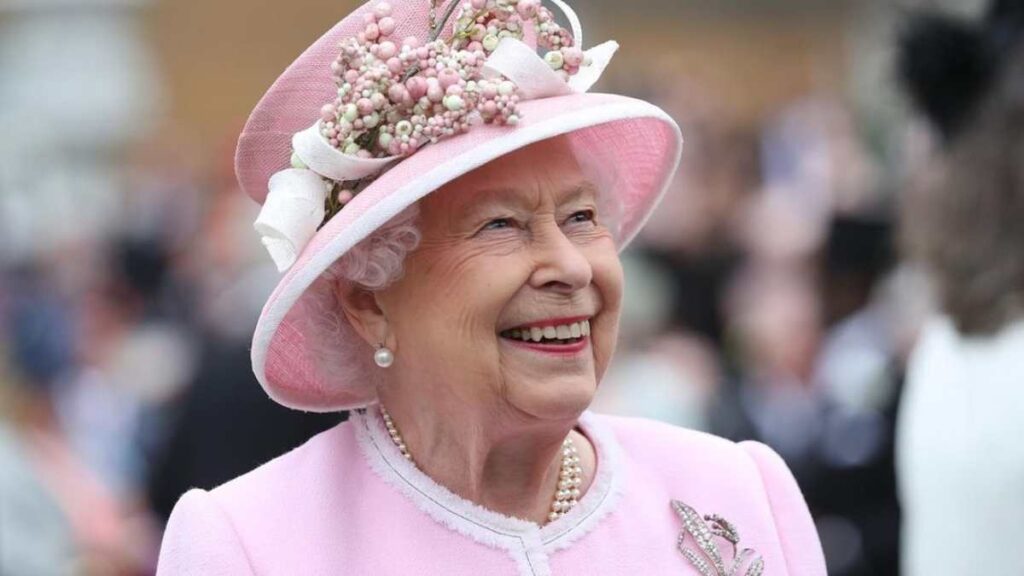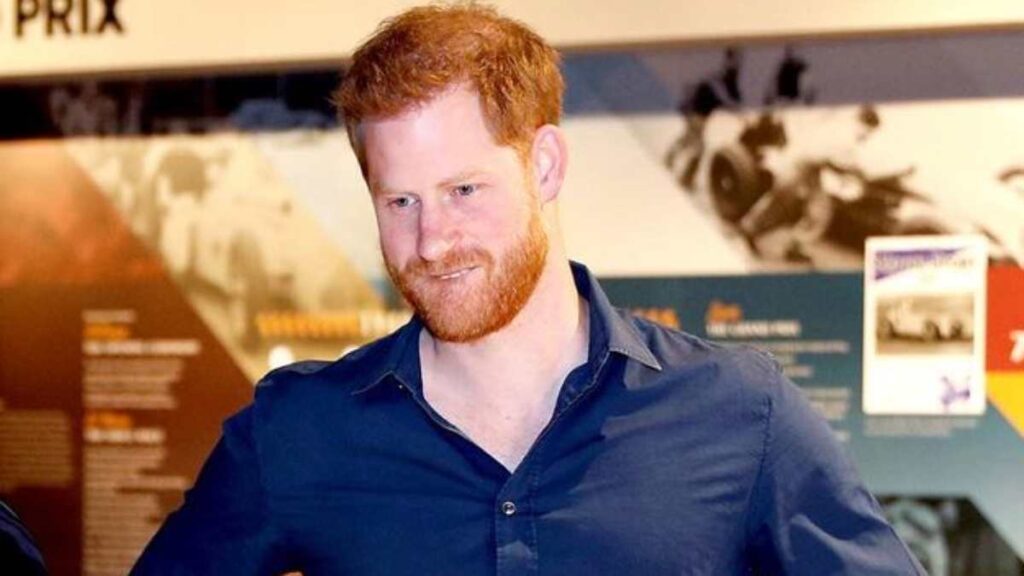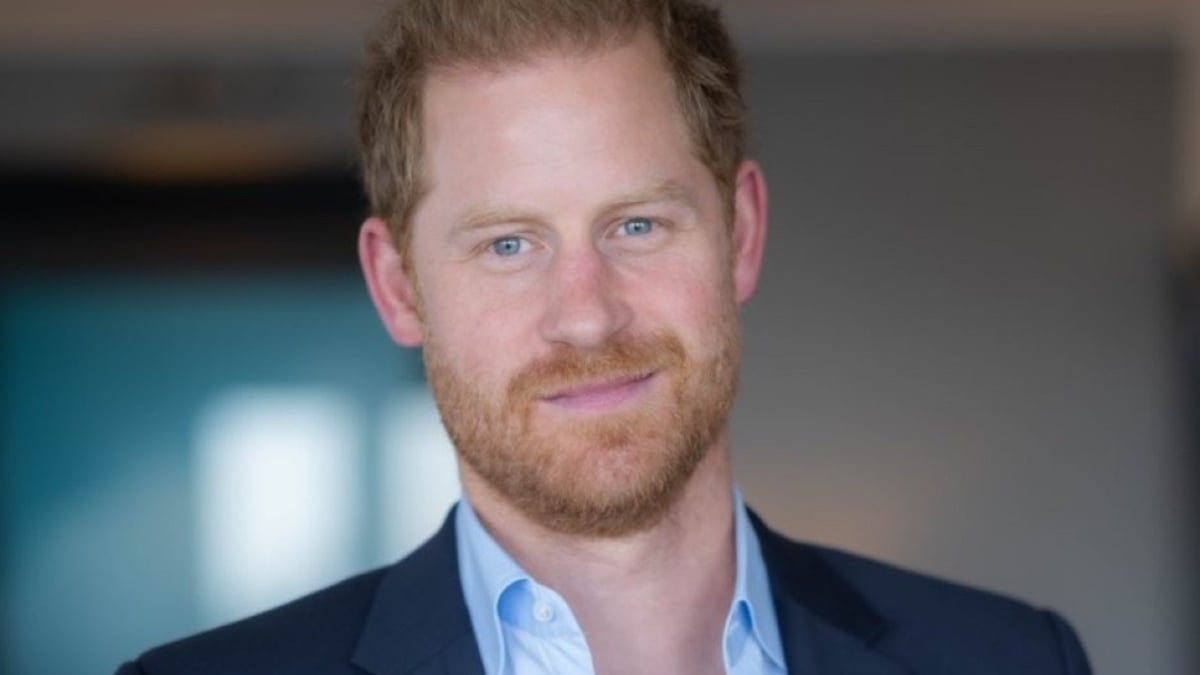The royals have figured out a way to bypass taxes on Prince Harry‘s massive birthday inheritance worth millions. Last month, Harry, who is the second son of the British monarch, and grandson to the late Queen Elizabeth II came into a massive inheritance after turning 40 on September 15. The inheritance, amounting up to £ 7 million was part of a £ 19 million trust fund the late Queen’s mother set up for her great-grandkids in 1994. Per her request, the princess would inherit the lump sum, split between them at their respective 40th birthdays.
Prince Harry and William reportedly split a part of the trust fund, £6 million on their 21st birthdays. The sharing factor ensured the Duke of Sussex received the bigger half. Notably, this sharing formula is the Queen mother’s way of compensating him for being the second son with no claims to the throne, while his older brother stood to inherit the family fortune as future King. Celebrating his 40th birthday last month, Prince Harry qualified to receive the remaining part of the trust fund, which would make him at least £7 million richer. According to The Mirror, Harry would receive a bigger portion of the remaining £14 million shared between the royal brothers. Interestingly, no fraction of this sum is likely to go to the government in taxes.
Prince Harry’s Great-Grandmother Had Measures in Place to Bypass Inheritance Tax

According to investment firm Stocklytics, the royal family has perfected a system to avoid normal tax rules. In the case of Prince Harry’s massive inheritance, the late Queen’s longevity and the estate’s plan make it non-subject to existing normal tax rules. Financial experts claimed,
“With Prince Harry set to receive the final installment of the Queen Mother’s trust fund, valued at £19 million, many Brits may be asking how much inheritance tax he’ll pay – especially as the latest judicial reviews have cost the taxpayer £500,000 each. However, due to the way the Queen Mother’s estate was planned and how long she lived, it is likely HMRC will not receive a penny in inheritance tax.”

Experts explained the logic behind this legal tax bypass noting that the current regulations only impose inheritance tax on trust funds set up within 7 years of the individual’s death. Since Queen Elizabeth II’s mom, the Queen Mother died in 2002, about eight years after setting up the trust fund, Prince Harry’s trust would no longer be subject to inheritance tax in the UK. However, should her death have occurred a year prior, or anytime within the 7-year margin, they could have owed HMRC up to £7.47 million. Experts believe the royal family thought it all out before now, working on a detailed financial plan,
“The Royal Family most likely would have had a detailed, long-standing financial plan to ensure that not only wealth was transferred from generation to generation, but was also completed in a tax efficient manner.”
Notably, long before Prince Harry and Prince William came into their massive trust fund, provoking conversations about inheritance tax, the late Queen Elizabeth received a massive inheritance from her mom as well. Reports show the late British monarch inherited the Queen Mother’s entire estate after her death. She also bypassed the inheritance tax on her mom’s estate during her time due to the preexisting rule that made the sovereign’s bequests not liable to taxation. Hence, not only Prince Harry, but several generations of royals after him would most likely have cause to avoid paying UK taxes on their inherited properties.








